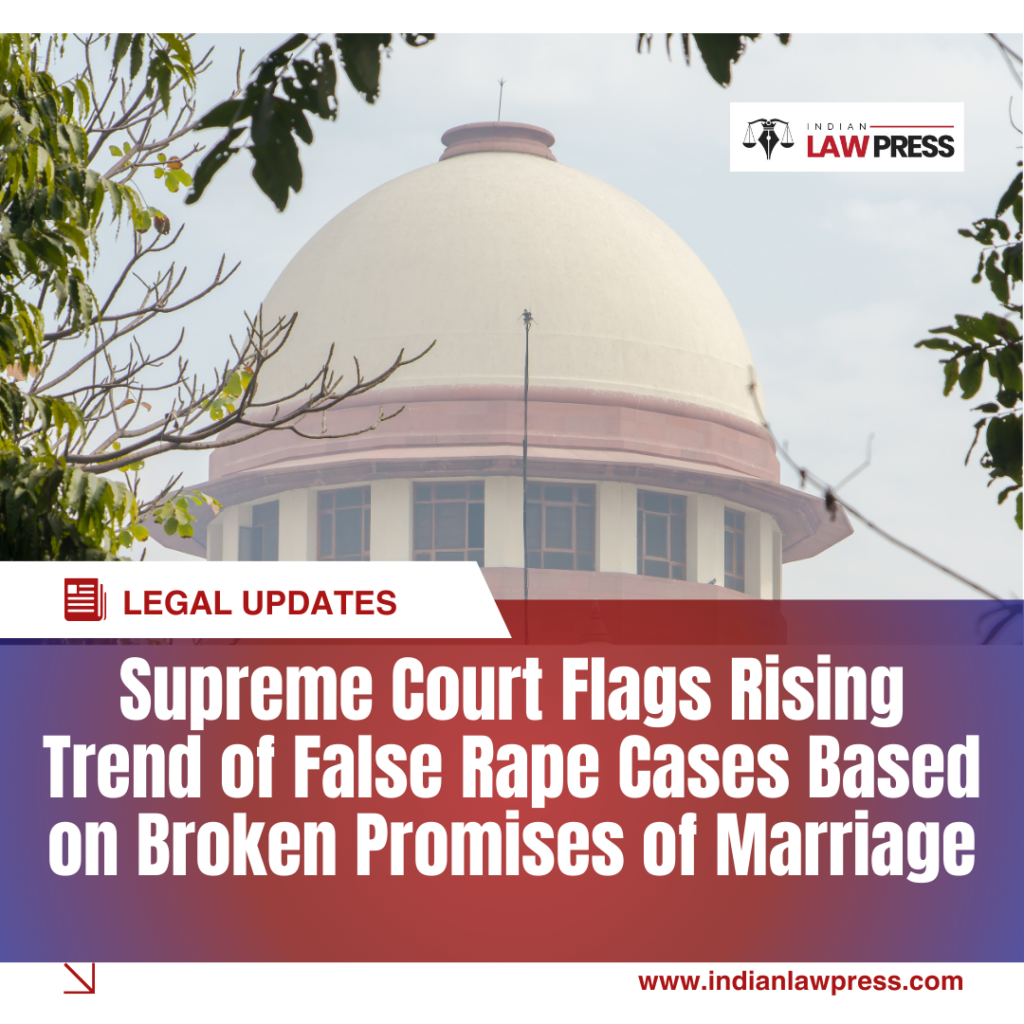 Tribunals-Can-Evict-Children-from-Parents’-Property-Under-Senior-Citizens-Act
Tribunals-Can-Evict-Children-from-Parents’-Property-Under-Senior-Citizens-Act
Introduction
The Supreme Court of India has once again underlined the rights of senior citizens to live with dignity and security, ruling that children can be evicted from their parents’ property if they fail in their legal duty of care. The case of Kamalakant Mishra v. Additional Collector & Ors. reaffirms the powers of Maintenance Tribunals under the Maintenance and Welfare of Parents and Senior Citizens Act, 2007 (Senior Citizens Act).
This judgment is especially relevant for students of law, judiciary aspirants, and anyone interested in understanding how Indian courts interpret welfare legislation.
Case Background
- Petitioners: An 80-year-old man, Kamalakant Mishra, and his 78-year-old wife.
- Respondent: Their eldest son, who had taken possession of their two properties in Mumbai and refused to allow his parents to reside there.
- Application Filed: July 12, 2023, under Sections 22, 23, and 24 of the Senior Citizens Act.
- Tribunal’s Order (June 5, 2024): Directed eviction of the son and awarded ₹3,000 monthly maintenance to the parents.
- Appellate Authority (Sept 11, 2024): Upheld the Tribunal’s decision.
- Bombay High Court: Set aside the eviction, reasoning that the Tribunal lacked jurisdiction since the son too qualified as a senior citizen.
Supreme Court’s Ruling
The Supreme Court Bench of Justices Vikram Nath and Sandeep Mehta allowed the appeal, setting aside the Bombay High Court’s order. The Court made several key observations:
Purpose of the Act:
- The Senior Citizens Act is a welfare law enacted to ensure the care, protection, and dignity of elderly citizens.
- Its provisions must be interpreted liberally to advance this purpose.
Tribunal’s Power to Evict:
- Tribunals are fully empowered to direct eviction of children or relatives if they fail to discharge their obligations toward senior citizens.
- The Court relied on precedents, including S. Vanitha v. Deputy Commissioner, Bengaluru Urban District (2021) 15 SCC 730.
Status of “Senior Citizen”:
- The relevant date for deciding whether a person qualifies as a senior citizen is the date of filing the application.
- As the son was 59 years old when the petition was filed, he could not claim protection under Section 2(h) of the Act.
Breach of Obligations:
- By preventing his parents from accessing their property, the son was in breach of his statutory duty.
- His actions frustrated the very object of the Act.
Final Directions of the Court
- The appeal was allowed and the High Court’s judgment was set aside.
- The son was given two weeks to submit an undertaking to vacate the premises by November 30, 2025.
- Failing compliance, the Tribunal’s eviction order could be executed immediately.
Why This Judgment Matters
- Strengthens Senior Citizens’ Rights – Ensures that parents cannot be forced out of their homes by neglectful children.
- Clarity in Law – Confirms that Tribunals can pass eviction orders, not just maintenance directions.
- Student Relevance – Important case law for exams like CLAT, Judiciary, CA Foundation Law, and CS Executive.
Conclusion
The Supreme Court’s decision in Kamalakant Mishra v. Additional Collector & Ors. is a landmark ruling that strengthens the protective shield offered by the Senior Citizens Act, 2007. It emphasizes that children cannot misuse their parents’ property while neglecting their responsibility of care.
For law students and aspirants, this judgment is a must-know precedent, highlighting how welfare legislation is interpreted by courts to ensure justice for vulnerable sections of society.
Case Brief: Widow’s Right to Reside in Matrimonial Home – Bombay High Court





